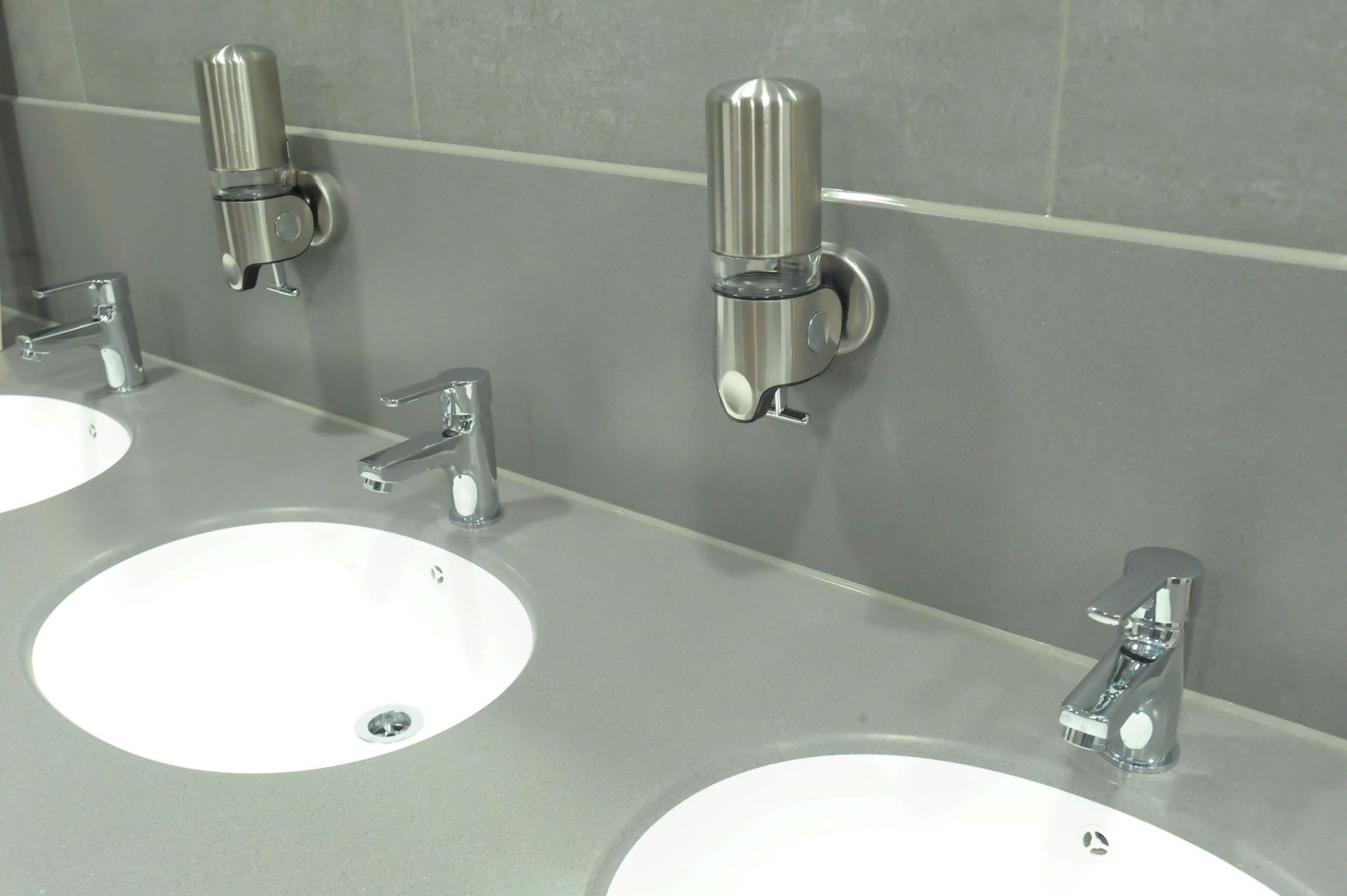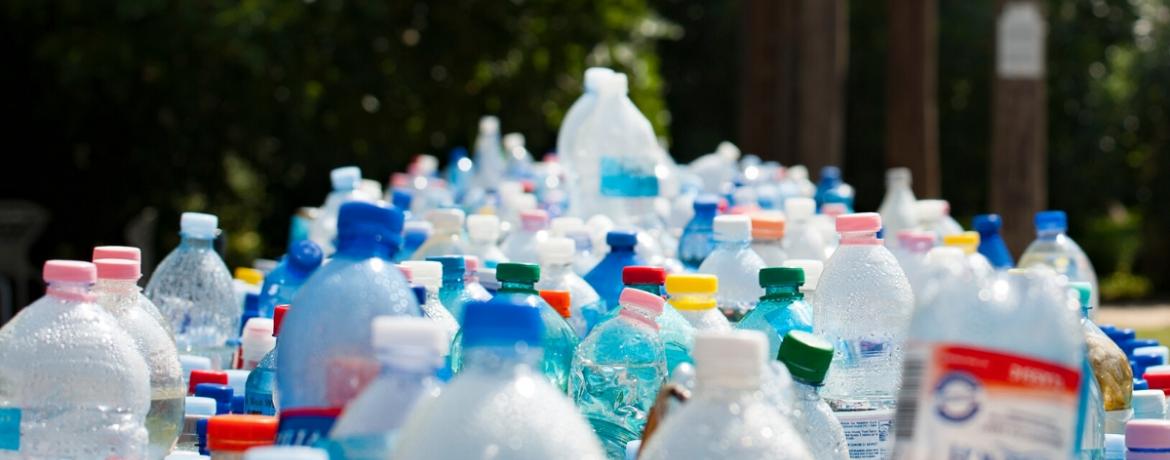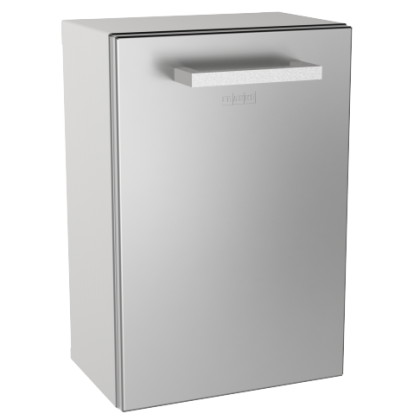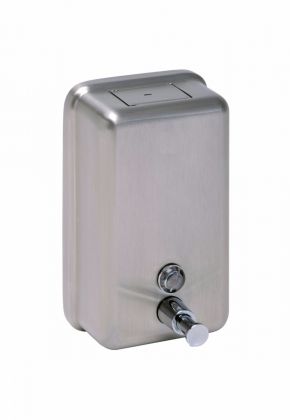There’s a huge increase in awareness around single-use plastics and the damage they inflict to the environment. Since David Attenborough’s hard-hitting scenes from Blue Planet 2, new stories, campaigns and social movements have begun to gain traction against plastic pollution.
Many businesses have started to take steps towards eliminating certain products and seeking alternatives in order to take a more responsible stance on the issue.
For restaurants and foodservice outlets, things like plastic straws are being shunned and even before the new ‘latte levy’ of 25p per disposable cup comes into effect, many coffee shops are offering discounts to those using a reusable coffee cup. But how can we tackle single-use plastics in the washroom?
First, think the packaging
There are many consumables in the washroom that come in plastic packaging. While it may not be feasible to remove this issue completely, you can certainly reduce it. When ordering things like cleaning solutions, toilet fresheners and loo roll, try to buy in bulk wherever possible and look for large format bottles, rather than multipacks of smaller ones. You can also find suppliers that will pack your orders in cardboard boxes, which can be recycled as opposed to shrink wraps.
Be clever with your hand soap
Instead of offering hand soap in plastic disposable pump bottles, consider installing a refillable liquid soap dispenser and ordering your refills in bulk bottles that are 1.5 litres or more in volume. Alternatively, you can choose hand soap pumps that come in glass hand pump bottles, which is far better than plastic ones as the glass can be recycled endlessly, while plastic can only be recycled about three times.

If you want to eradicate the packing completely, you can always turn to the good old fashioned bar of soap, which many environmentally conscious boutique hotels, spas, and restaurants have started to do by selecting bars from luxury, high-end brands.
Hand towel decisions
Although many hand towels are made from 100% paper, some might use synthetic polymers to improve the durability when wet. These are the same polymers used, albeit in much greater quantities, in various single-use plastics. You could choose to be more scrupulous with the type of hand towel you use, or perhaps install an energy-efficient hand dryer. This will remove the continual packaging and processing of any hand towels you order, but also the need for a bin and plastic bin liner to put the used ones in.
The need for sanitary bins
Reusable menstruation cups and cloth pads are certainly on the rise, with sales of both beginning to increase sharply. However, disposable tampons and sanitary pads are still the cause of many drainage, waste and plumbing issues. It’s important to provide correct waste disposal for these items to prevent them from getting into the waterways where they can cause a lot of environmental damage.
By making a few tweaks and changes in your ordering and maintenance of your washroom, you can not only reduce the plastic footprint of your business very easily but make it easier to manage at the same time.
If you would like any further advice on eco-efficient washroom items, please get in touch on 01202 650900







